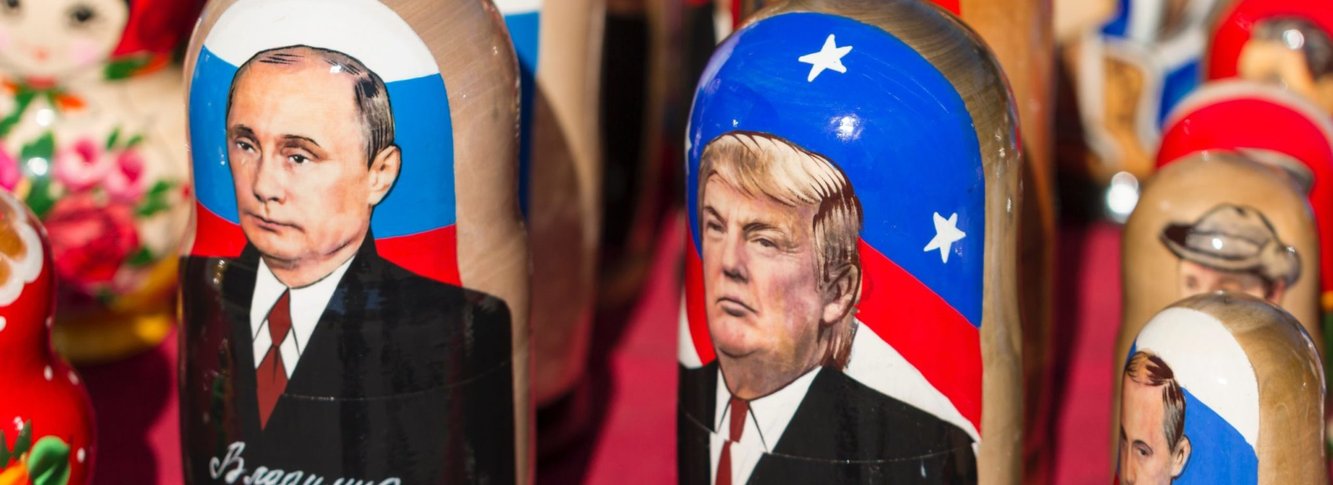| 6 mins read
Vladimir Putin has been in power, as President or Prime Minister, for more than twenty years, during which time a particular view of the Russian leader has become ever more entrenched in the English-speaking world. Now, and thank goodness, that conventional wisdom is coming in for some serious scholarly challenge. Timothy Frye’s book, Weak Strongman, is one of the most cogent.
Against the now pervasive assumptions, Frye argues that Putin is neither a latter-day tsar, nor does he reflect any sort of Russian exceptionalism. He should rather be seen as a classic autocrat—and the Russia he rules as a ‘personalist autocracy’. As such, he places Putin’s Russia alongside Erdoğan’s Turkey, Maduro’s Venezuela, Duterte’s Philippines, Orbán’s Hungary and all of post-Soviet Central Asia.
Putin as a ‘personalist autocrat’
Putin, Frye argues, faces dilemmas common to ‘personalist autocrats’ everywhere. They reflect weak institutions; the often competing demands of the elite and the street—either of which could turn against him at any time—and the difficulty in judging how far to apply repression to maintain control. ‘Putin’s skilful management of conflicts among elites’, he concludes, ‘has been key to his longevity’. I would add his almost uncanny understanding of what Russians want, even before they know they want it—a conclusion Frye reaches without actually spelling it out.
In a particularly persuasive chapter, ‘Better to be feared and loved’, he delves into the contentious business of opinion polling—contentious because the value of polling in autocracies is often doubted— Frye shows why competent polling is of as much use to the autocrat as it is to scholars and others trying to gauge what is going on.
In so far as the concept of ‘personalist autocracy’ strips away the fixation with Putin and with the supposedly unique character of Russia, allowing decisions and policy to be seen in their proper context, it has much to recommend it. But there is an area where Frye’s theory, as he concedes, does not quite fit. This is Russia’s foreign policy, including the annexation of Crimea, which he sees as generally reactive to events elsewhere. And if such an event does not 'fit', then you might well ask how useful the concept of "personalised autocracy" is at all. Strip it out, and what you have is a perfectly sensible analysis of Putin’s Russia from a pure realpolitik perspective.
Wider context for Putin’s rule
And this, as I see it, is where the greatest strengths of the book lie. Frye offers a look at the twenty years of Putin’s rule that, unusually, gives due recognition to the improvements ‘ordinary’ Russians have experienced in their daily lives. They include: modern supermarkets and shopping malls; new parks and entertainment; the opportunities to buy cars and homes; and to travel—transformational changes that often pass economic studies of Russia by.
This does not mean that Frye ignores the macro picture or the many flaws in Putin’s Russia—the constraints on political freedom, the treatment of political opponents, the manipulation of information at home and abroad—but he sets them in a wider context. How effective have efforts to manipulate information been? (not nearly as effective as many suppose). And who else does the same thing (the United States, among others). Repression in today’s Russia, he says elsewhere, should not be ‘overstated’. It is a qualifications that will not go down well in many Western quarters, but it mirrors the experience of very many Russians, who do not need to be browbeaten or bribed to vote for Putin.
Concluding thoughts
I have a few quibbles. In discussing Ukraine, Frye does not, it seems to me, make sufficient distinction between Crimea and the Donbass. It is not just because the Crimea annexation was swift and peaceful that Russians applauded, whereas they have qualms about involvement in the Donbass. It is because they regard Crimea as special and inherently theirs, while most see the Donbass as part of Ukraine. I also wonder whether Hungary really belongs in a group of ‘personalist autocracies’ that includes Turkey and Belarus, and whether Russia is really more repressive than Malaysia.
All in all, though, this is not only a more informative book about Putin’s Russia than many, it is also more hopeful, in giving credit both to the quality of much Russian sociological research and the emergence of a new generation of Western scholars with first-hand knowledge of the country and less rooted in the past. In so saying, Frye is also pleading for academia to make room for alternative views and make them heard more clearly in the political and public domain. If this was a central aim, I slightly wish he had been a bit more forthright and braver than he has.
Weak Strongman: The Limits of Power in Putin’s Russia, by Timothy Frye, is published by Princeton University Press. 272 pp. £20.
Need help using Wiley? Click here for help using Wiley


